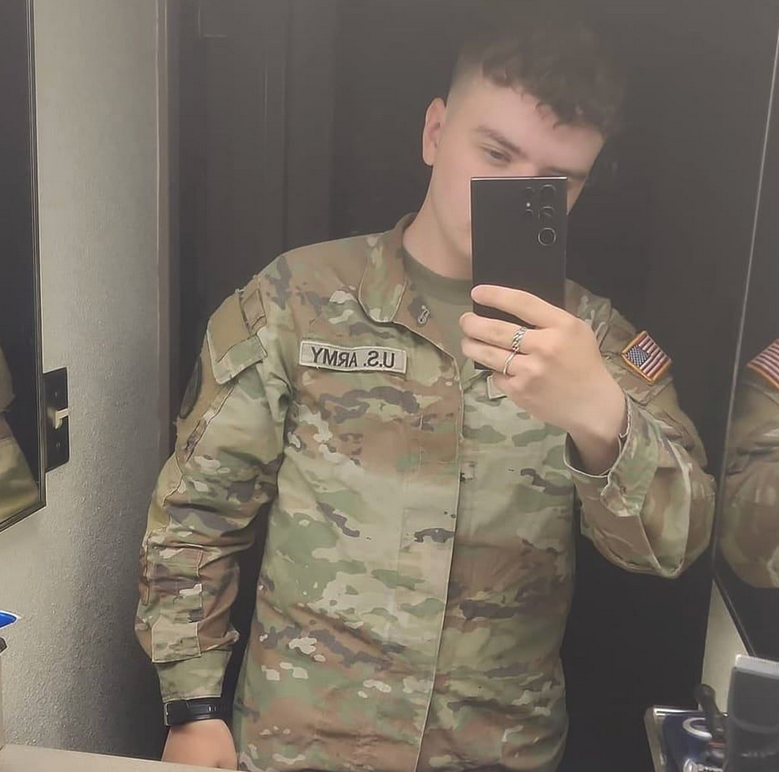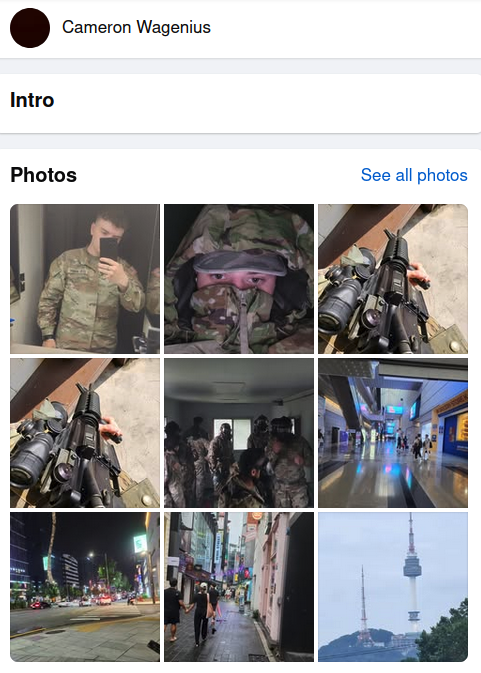A U.S. Army soldier stationed at Fort Hood has been charged with the unlawful transfer of confidential phone records, federal officials announced. Cameron John Wagenius, 21, was indicted on two counts of selling stolen records and was arrested on Dec. 20 near the Texas Army base.

The indictment, filed in Texas and transferred to the U.S. District Court for the Western District of Washington, accuses Wagenius of accessing and distributing private phone records. The two-page document provides few details but links him to a broader cybercrime network allegedly targeting U.S. telecommunications and cloud service companies.
Investigators say Wagenius, operating under the alias “Kiberphant0m,” collaborated with other cybercriminals, including Connor Riley Moucka, also known as “Judische.” Moucka, a Canadian hacker, was arrested in October for breaching data systems at cloud provider Snowflake and extorting dozens of companies.

Federal officials allege Wagenius participated in hacking at least 15 telecommunications firms, including AT&T and Verizon. According to cybersecurity reports, Kiberphant0m offered stolen call logs, including records allegedly tied to high-profile figures such as President-elect Donald Trump and Vice President Kamala Harris.
On November 5, Kiberphant0m reportedly advertised call logs and SIM-swapping services targeting Verizon’s push-to-talk (PTT) customers, many of whom were government agencies and emergency responders. SIM-swapping involves rerouting a victim’s phone calls and messages to a hacker-controlled device.
Wagenius, originally from Minnesota, had served at an Army base in South Korea for two years, specializing in radio signals and network communications. His mother, Alicia Roen, expressed shock at the allegations. “He was always good with computers, but I never knew he was involved in hacking,” Roen said. “This has been a complete shock to our family.”

Roen said Cameron joined the Army at 18, following in the footsteps of his older brother. She described him as a dedicated soldier, adding, “Both he and his brother dreamed of being in the Army since childhood.”
Cybersecurity experts played a key role in tracking down Wagenius. Allison Nixon, chief research officer at Unit 221B, said the case exemplifies improved collaboration between law enforcement and private researchers. “From identifying his online activity to his last communication, this is one of the fastest federal cybercrime turnarounds I’ve witnessed,” Nixon said.
Nixon and others faced threats of violence from members of the hacker community during the investigation. She emphasized the growing risks of cybercrime and urged young hackers to reconsider their actions. “Stop now and seek legal advice,” Nixon said. “Law enforcement is ready to hold cybercriminals accountable.”
Source: krebsonsecurity.com


